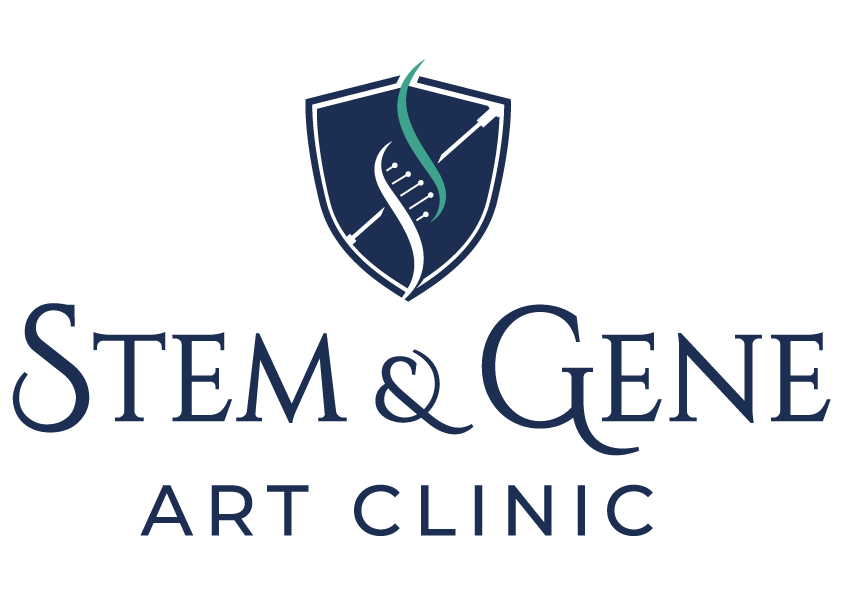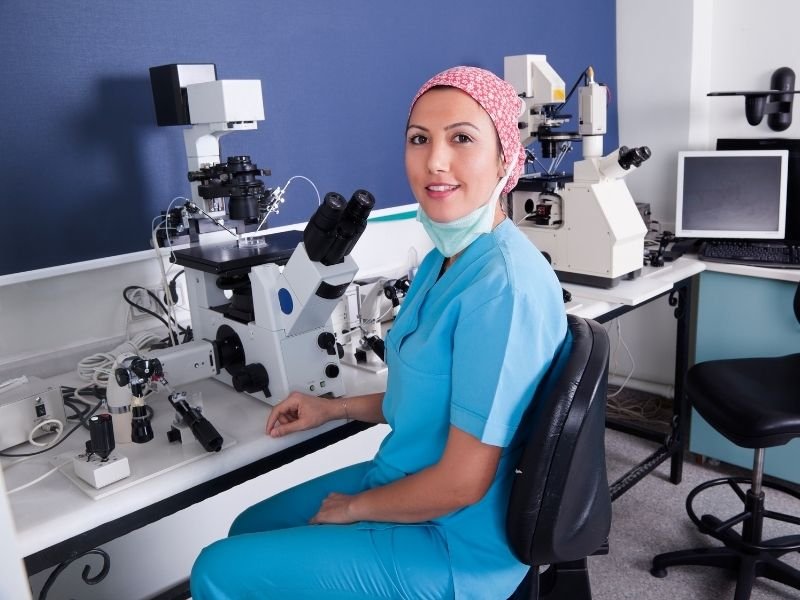In Vitro Fertilization (IVF) is a groundbreaking option for couples struggling with infertility, providing hope and new possibilities for parenthood. However, many prospective parents wonder about the potential risks associated with IVF, particularly regarding genetic conditions like Down syndrome. Understanding these risks is essential for making informed decisions during the fertility journey.
Down syndrome, or trisomy 21, is a genetic disorder characterized by the presence of an extra chromosome 21, leading to various developmental challenges and health issues. One of the primary factors influencing the likelihood of having a child with Down syndrome is maternal age. As women age, particularly beyond 35, the risk of chromosomal abnormalities, including Down syndrome, increases significantly.
While the IVF process itself does not inherently elevate the risk of Down syndrome, the age of the mother at the time of conception plays a crucial role. Furthermore, IVF offers options for genetic testing, such as Preimplantation Genetic Testing (PGT), which can screen embryos for chromosomal abnormalities before implantation. This allows couples to select healthier embryos, potentially reducing the risk of genetic conditions.
In conclusion, while there is a connection between advanced maternal age and the likelihood of Down syndrome, IVF can actually provide tools to help manage and mitigate these risks. By understanding the implications and utilizing available genetic screening options, couples can make empowered choices on their path to parenthood.
IVF and Genetic Risks
In Vitro Fertilization (IVF) offers hope to many couples facing infertility, but it also brings with it certain genetic risks that prospective parents should consider. One of the primary concerns is the potential for chromosomal abnormalities in embryos, which can lead to conditions such as Down syndrome and other genetic disorders. While the IVF process itself does not increase the risk of these conditions, factors such as maternal age play a significant role; women over 35 are at a higher risk for chromosomal issues. However, advancements in genetic testing, such as Preimplantation Genetic Testing (PGT), allow for the screening of embryos before implantation. This enables couples to select embryos with normal chromosomal structures, thereby reducing the likelihood of passing on genetic disorders. Additionally, consulting with a fertility specialist can provide tailored insights into individual risks and the best strategies for ensuring a healthy pregnancy. Ultimately, understanding these genetic risks empowers couples to make informed decisions throughout their IVF journey.
What is Down Syndrome and How Does it Occur?
Down syndrome, also known as trisomy 21, is a genetic condition that arises when an individual has an extra copy of chromosome 21. Normally, humans have 46 chromosomes, arranged in 23 pairs, but individuals with Down syndrome have three copies of chromosome 21, leading to a total of 47 chromosomes. This extra genetic material affects physical and cognitive development, resulting in characteristic features such as a flat facial profile, slanted eyes, and a short stature, as well as varying degrees of intellectual disability.
The occurrence of Down syndrome can happen through different mechanisms. Most commonly, it results from nondisjunction, a process where chromosomes fail to separate properly during cell division. This can happen during the formation of either the egg or the sperm, leading to an embryo with an extra chromosome. While the exact cause of nondisjunction is not fully understood, maternal age is a significant risk factor; women over 35 are more likely to have children with Down syndrome. Additionally, there are rarer forms of Down syndrome, such as mosaic Down syndrome, where only some cells have the extra chromosome, and translocation Down syndrome, where part of chromosome 21 is attached to another chromosome. Understanding Down syndrome is crucial for early intervention and support for affected individuals and their families.
Down Syndrome Tests in IVF
In the context of In Vitro Fertilization (IVF), several tests can help assess the risk of Down syndrome and other genetic disorders in embryos. One of the primary methods is Preimplantation Genetic Testing (PGT), which allows for the screening of embryos for chromosomal abnormalities before they are implanted in the uterus. PGT can identify whether an embryo has the typical 46 chromosomes or if it carries an extra chromosome 21, indicating the risk of Down syndrome.
This testing is performed on embryos created during IVF, and only those deemed healthy are selected for transfer, which significantly reduces the risk of genetic disorders. Additionally, some fertility clinics offer comprehensive genetic counseling to help prospective parents understand their options and make informed decisions based on their unique circumstances. By utilizing these advanced testing methods, couples undergoing IVF can enhance their chances of having a healthy baby while minimizing the risk of conditions like Down syndrome.
Precautions to Reduce the Risk of Down Syndrome
While it is not possible to completely eliminate the risk of Down syndrome, certain precautions can help reduce the likelihood of having a child with this genetic condition. One of the most significant factors is maternal age; since the risk increases as women age, those considering pregnancy or IVF should be aware of this and seek genetic counseling if they are over 35. Early prenatal care is essential, as healthcare providers can offer screening tests that assess the risk of chromosomal abnormalities during pregnancy.
Additionally, couples can opt for Preimplantation Genetic Testing (PGT) during IVF to screen embryos for genetic disorders, including Down syndrome, before implantation. Maintaining a healthy lifestyle, including a balanced diet, regular exercise, and avoiding harmful substances such as alcohol and tobacco, can also contribute to overall reproductive health. Lastly, understanding family medical history and discussing any concerns with a healthcare provider can provide further insights and guidance, helping prospective parents make informed choices to minimize risks.


